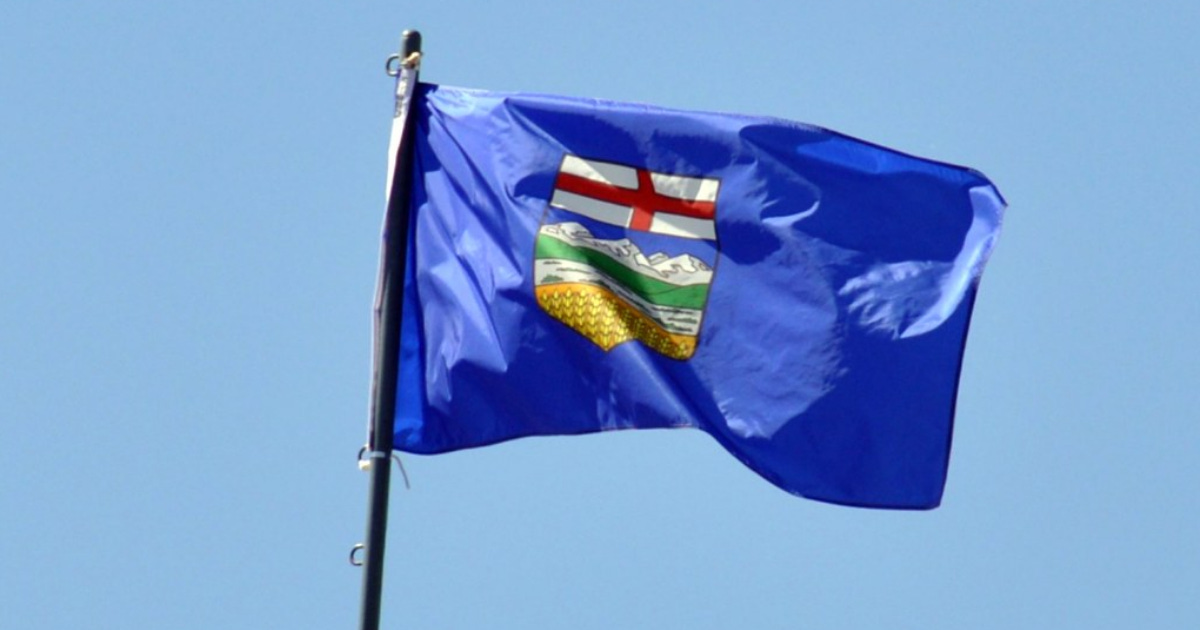EXCLUSIVE: Alberta gov responds to carbon tax hikes unveiled in Carney’s budget
Alberta Finance Minister Nate Horner told True North that the Liberals’ plan to keep raising the industrial carbon tax through 2050 will put Alberta’s energy producers at a competitive disadvantage.
Author: Isaac Lamoureux
Alberta Finance Minister Nate Horner told True North that the Liberals’ plan to keep raising the industrial carbon tax through 2050 will put Alberta’s energy producers at a competitive disadvantage, warning that the province’s biggest competitor, the U.S., faces no such financial burden.
Budget 2025 raises industrial carbon costs from $80 per tonne this year to $170 by 2030, with further increases planned through 2050.
It also authorizes Ottawa to “promptly and transparently” force the federal carbon backstop whenever a provincial system is deemed insufficiently harsh, allowing the federal government to reimpose its own pricing system on provinces that fall short of federal standards.
Asked by True North if Alberta’s energy sector would suffer under the plan, Horner replied, “Yes. Flat out. Our biggest competitor just south of the border doesn’t have this.”
Hours after the federal budget was tabled, the minister said the province needs clarity on what Ottawa’s new approach means for the proposed oil and gas emissions cap, which the budget suggested could be eliminated if large-scale carbon capture projects expand.
“They reference things like not needing an emissions cap, but we’re going to need to understand how they’ll tangibly get there,” Horner said.
Premier Danielle Smith has previously referred to a “grand bargain” she was working on with Ottawa. It includes working towards revising or repealing nine laws that her government says are standing in the way of prosperity, as well as moving forward on the Pathways project and the West Coast pipeline.
Smith commented on the emissions cap developments shortly after the budget, stating that judgment was reserved until negotiations with the Liberals on a memorandum of understanding, which she hopes will be finished by mid-November.
“We will then have a much better idea regarding whether or not the current federal government is serious about repealing or overhauling the various policies and laws that have devastated Alberta’s economy over the past decade and put the very stability of Alberta’s electricity grid at existential risk,” she said.
Smith concluded by adding that she is hopeful for a positive outcome.
Under the new framework, Ottawa gains the authority to reimpose its carbon-pricing system on any province that fails to meet federal standards. Saskatchewan and Alberta have both previously announced plans to pause or delay future industrial carbon tax increases — moves that could trigger federal intervention.
Horner said higher costs will make it harder for Alberta to attract investment and compete internationally.
“It depends on how high we are going, but also some of the other pieces around stringency and how this backstop they’re trying to create looks in detail,” he said.
He also pointed to uncertainty surrounding other budget measures, including references to a potential “carbon pipeline,” the lack of mention of a new bitumen pipeline to the West Coast and Ottawa’s pledge to review “greenwashing” rules that have created compliance concerns for energy companies.
“We’ll see what that means in practice,” he said.
Horner added that Ottawa’s growing spending and debt levels raise broader concerns about economic competitiveness.
“They’re big numbers,” he said. The federal budget projects a $78.3 billion deficit this year, marking the largest in Canadian history, excluding pandemic years. Total debt is projected to reach $1.35 trillion by the end of this year, increasing to $1.59 trillion in 2029-30. Under the Liberal plan, Canadian taxpayers will pay $55.6 billion in debt interest charges next year, rising to $76.1 billion by 2029-30.





I hope people are beginning to understand that you are the carbon they want to reduce. The Earth is a carbon machine that thrives because of it. This anti carbon science denying myth only causes stress to the will of the governed. Not the Planet. Your exhaled breath is not a toxic gas that needs to be sequestered. Carbon is the organic building block of the Universe. Our search for life in the Universe targets carbon and methane. Let that sink in while I light a smoky fire in my wood furnace. Freedom or control, your choice, but remember, you get the government you deserve.
NOW SMITH WANTS TO DELAY THE INDEPENDENCE VOTE DEADLINE TO HOPEFULLY END OF THIS MONTH she gave a deadline that ran out in oct now she,s extening it well MRS SMITH you gona be anther JUGHEAD SING , DOUGIE FORD of a nother kiss Carney,s asshole like the other 2 will and are ????? Carney is dead set aganst anything that dosent fill his pocket or his pressius BROOKFEILD acounts CALL THE DATE OF REFORENDUM NOW FOR CARNEY IS NEVER GONA DO ANY THING TO SOLVE THIS PROBLUM